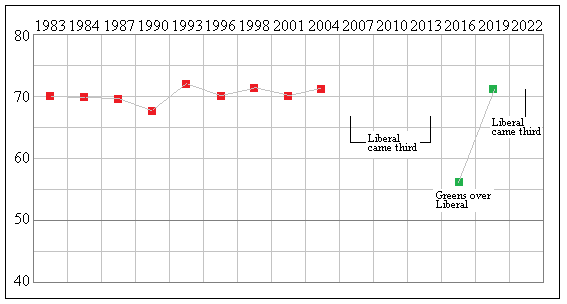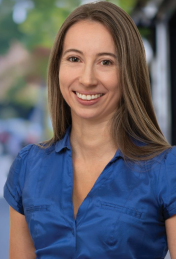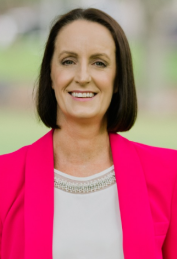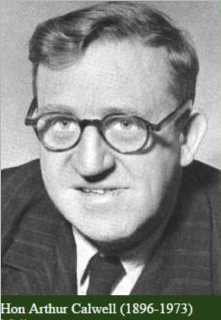|
|
|
|
| Adam Carr's Election Archive
Australian federal election, 2025
Division of Melbourne, Victoria
Named for: City of Melbourne (after Rt Hon William Lamb, Viscount
Melbourne (1779-1848), British Prime Minister 1834, 1835-41). The title derives from the village of Melbourne in Derbyshire.
|
Central Melbourne: Carlton, Collingwood, Docklands, Richmond, South Yarra
Enrolment at 2019 election: 107,552
Enrolment at 2022 election: 114,388 (+06.4)
1999 republic referendum: Yes 70.9
2018 same-sex marriage survey: Yes 83.7
2023 Voice referendum: Yes 77.2
 |
Sitting member: Dr Adam Bandt (Green): Elected 2010, 2013, 2016, 2019, 2022
Leader of the Australian Greens
|
2007 Labor majority over Greens: 4.7%
2010 Greens majority over Labor: 6.0%
2013 Greens majority over Labor: 5.3%
2016 Greens majority over Liberal: 6.9%
2019 Greens majority over Liberal: 21.8%
2022 Greens majority over Labor 10.1%
2025 notional Greens majority over Labor 6.6%
Status: Fairly safe Greens
Labor/Greens two-party vote 1983-2022

2022 results
Statistics and history
Announced candidates:
 |
 |
 |
Dr Adam Bandt
Aust Greens |
Stephanie Hunt
Liberal Party |
Sarah Witty
Aust Labor Party |
Division of Melbourne
Melbourne has existed since Federation, its boundaries extending gradually outwards at each successive redistribution as
the inner suburbs declined (in relative terms) in population, although this trend has recently been reversed as the
inner city has been colonised by wealthy apartment-dwellers. Suburbs like Fitzroy, Richmond and Collingwood, once
slums, are now wealthy areas populated by affluent professionals. Melbourne is now in the top 20% of seats in terms of
 median family income and in the top 10% in terms of people in professional occupations. It also has a high proportion of
people born in non English speaking countries. Conversely, it has very low proportions of families with dependent
children and dwellings being purchased.
median family income and in the top 10% in terms of people in professional occupations. It also has a high proportion of
people born in non English speaking countries. Conversely, it has very low proportions of families with dependent
children and dwellings being purchased.
Labor held Melbourne continuously for over a century. During those decades it was one of the safest Labor seats in the
country, and was held for most that time by two members:
Dr Billy Maloney (the longest-serving backbencher in the
history of the Australian Parliament) and
Arthur Calwell, who was Leader of the Opposition from 1960 to 1967. The last
Labor member was
Lindsay Tanner, who was Minister for Finance in the Rudd Government but retired in 2010 rather than serve under
Julia Gillard.
The Greens vote in Melbourne rose from 6.6% in 1996 to 22.8 in 2007, almost all at the expense of Labor, reflecting the
rapid demographic change in the electorate. In 2010, with Tanner's personal vote gone, the Greens polled 36.2% and won
the seat on Liberal preferences. In 2013 the Greens polled 42.6%, and won without Liberal preferences. In 2016 they
polled 43.7% and Labor finished third. In 2022 they polled 49.6%. It is difficult to see Labor regaining the seat, since the decline in its traditional vote is continuing. Only in parts of
Richmond does Labor still win majority support. The 2024 redistribution has extended the seat south of the Yarra for the first time,
taking in South Yarra and part of Prahran. These are Greens-voting areas and the change will not affect Adam Bandt's position.
Dr Adam Bandt, Greens MP for Melbourne since 2010, and the first Greens candidate
to win a House of Representatives seat at a general election, was a lawyer with Slater and Gordon (long-time Labor lawyers) before his election. He has a PhD in legal history from Monash University. In February 2020, following the resignation of Senator
Richard Di Natale, he was elected Leader of the Australian Greens. As leader he has continued his predecessor's policy of moving the Greens away from envoronmental issues in favour of leftist policies, particularly hostility to the US alliance and to Israel. The Labor candidate is Sarah Witty, whose occupation is not stated.
The Liberal candidate in 2025 will be Stephanie Hunt, a lawyer.
Back to main page
| |